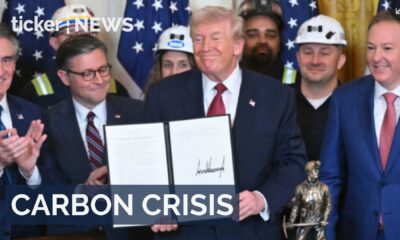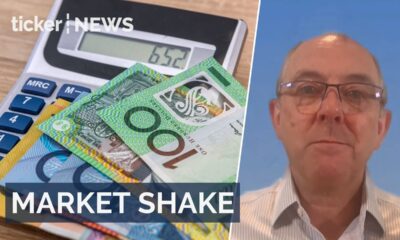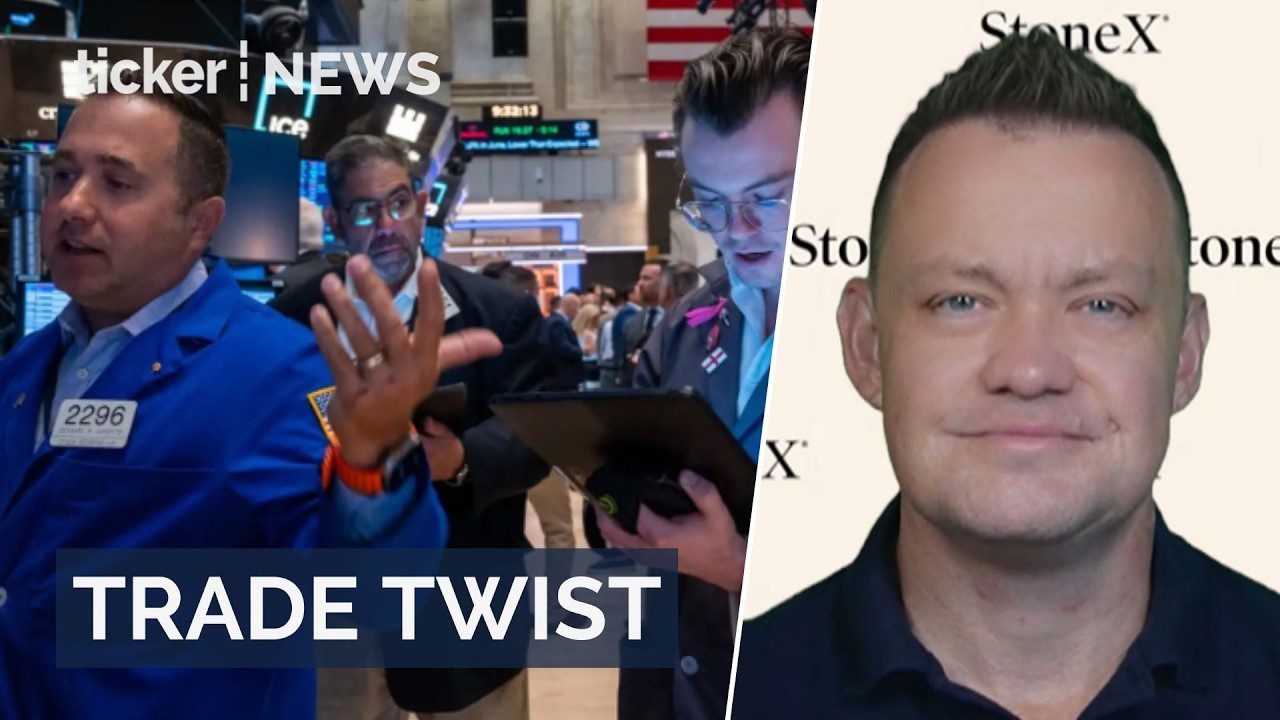Money
Safety fears over 54,000 Tesla self-driving cars

Money
US dollar strength hits NZ dollar amid FX market shifts
US dollar rises amid strong US growth; New Zealand faces pressure as traders navigate volatile FX and geopolitical impacts.
Money
Oil hits seven-month high, and gold surpasses $5,000 amid US-Iran tensions
Oil prices hit seven-month high amid U.S.-Iran tensions; experts analyze impacts on global economy and energy markets.
Money
Australia jobs, market trends, and tariff ruling: What investors need to know
Australia’s jobs report shapes rate forecasts, with cyclical assets favored amid market volatility and upcoming Supreme Court rulings on tariffs.
-



 Tech1 day ago
Tech1 day agoSam Altman predicts superintelligence could appear by 2028
-



 News2 days ago
News2 days agoUkraine Russia peace talks stall with no breakthrough
-



 News1 day ago
News1 day agoAndrew Mountbatten-Windsor released after 12-hour questioning
-



 Tech2 days ago
Tech2 days agoZuckerberg testifies on social media addiction and child safety
-



 Ticker Views5 days ago
Ticker Views5 days agoTrump scraps key climate law, U.S. emissions regulation at risk
-



 Money3 days ago
Money3 days agoAustralian Dollar surges: What $0.70 means for markets
-



 Money4 days ago
Money4 days agoBig tech stocks slide amid AI spending concerns
-



 Ticker Views3 days ago
Ticker Views3 days agoCan diplomacy survive the Iran-US nuclear standoff?






